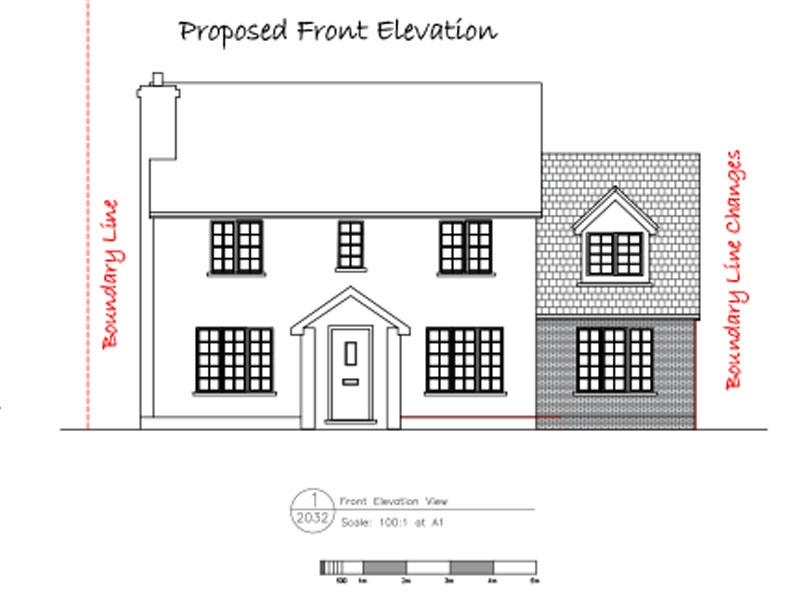
Acclaimed Architecture

Acclaimed Architecture
In the ever-changing landscape of British homes, one area of transformation stands out: the humble garage. Once reserved solely for housing cars and storage, garages across the UK are undergoing a remarkable metamorphosis into multifunctional spaces serving a variety of incidental accommodation needs.

In recent years, the traditional role of garages has evolved in response to shifting lifestyle trends and housing demands. With the rise of remote work, home businesses, and multigenerational living arrangements, homeowners are reimagining their garages as versatile spaces capable of fulfilling diverse needs beyond vehicle storage.
One of the most notable transformations is the conversion of garages into home offices. As remote work becomes increasingly prevalent, the need for dedicated workspace within the home has surged. Garages, with their ample square footage and separate entrance possibilities, offer an ideal solution for creating quiet and productive office environments away from the main living areas.
Moreover, garages are being repurposed to accommodate aging relatives or adult children returning to the family home. These converted spaces can serve as self-contained living quarters complete with bedrooms, bathrooms, and kitchenettes, providing privacy and independence while remaining connected to the main residence.

In addition to serving as home offices or living quarters, garages are also being transformed into recreational areas, gyms, workshops, or studios. With proper insulation, heating, and ventilation, these converted spaces offer year-round usability, expanding the functional footprint of the home and enhancing its overall livability.
However, the trend of repurposing garages for incidental accommodation is not without its challenges. Planning regulations, building codes, and considerations regarding parking and vehicle storage must be carefully navigated to ensure compliance and safety. Homeowners embarking on garage conversions should consult with local authorities and enlist the expertise of architects and builders to navigate the process smoothly.
Furthermore, while converting garages into additional living space can add value to a property and improve its versatility, it’s essential to strike a balance between functionality and preservation. Retaining some storage capacity within the home, whether through alternative storage solutions or external structures, ensures that homeowners maintain practicality while embracing the evolution of their living spaces.
In conclusion, the transformation of garages into incidental accommodation reflects the dynamic nature of modern housing in the UK. From home offices to living quarters and recreational spaces, garages are being reimagined to meet the evolving needs of homeowners in an ever-changing world. As this trend continues to unfold, the garage remains a symbol of adaptability and innovation in residential design, promising endless possibilities for creative living solutions.
